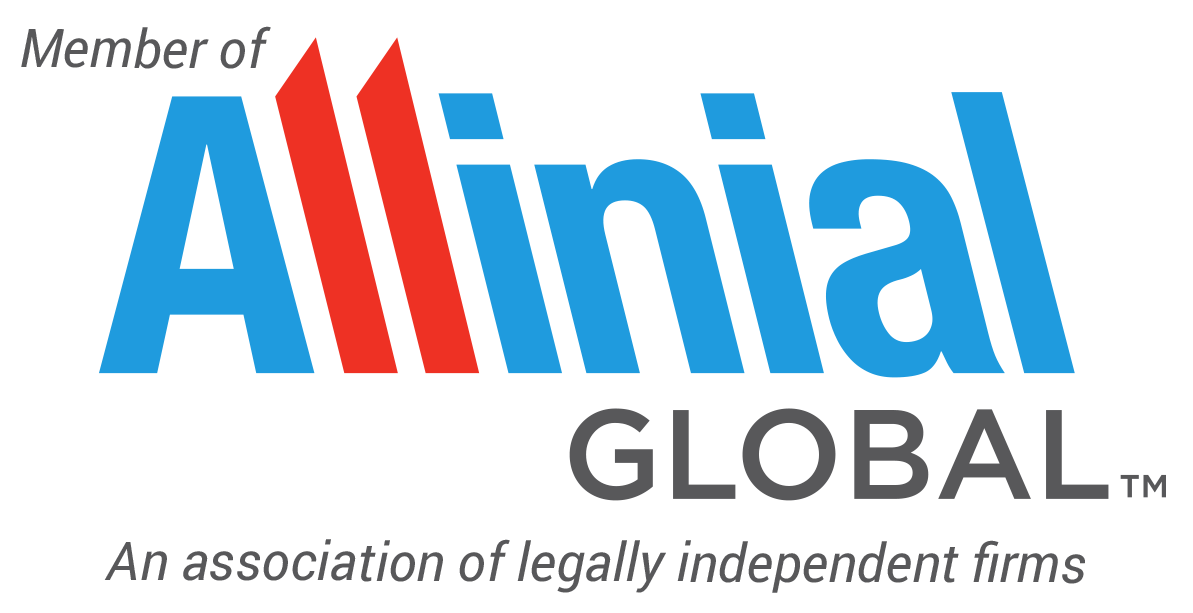The Small Business Administration (SBA) released a new version of the Paycheck Protection Program (PPP) loan forgiveness application on Wednesday to incorporate changes made by the Paycheck Protection Flexibility Act of 2020 (PPFA) signed into law earlier this month. Additionally, the SBA has created a new EZ application for borrowers meeting certain criteria.
Revisions to the Loan Forgiveness Application
The revised Form 3508 reflects changes made by the PPFA which modified the qualifications for loan forgiveness as highlighted in ATKG’s June 5th newsroom article. Some notable changes as a result of the PPFA are:
- an extension of the “covered period” for loan forgiveness from 8 weeks to 24 weeks;
- a reduction of the proportion of proceeds that must be spent on payroll costs from 75% to 60%;
- an extension of the time frame to restore full-time equivalent (FTE) employees to December 31, 2020; and
- an exemption from the FTE rules for employees that refused offers to return to work.
Additional clarifications provided by the revised Form 3508 and accompanying instructions are as follows:
- Retirement costs for S corporations owners may be included when calculating payroll costs but not health insurance costs.
- Borrowers don’t have to wait until December 31st to apply for forgiveness to use the safe harbors for excluding wage reductions and reductions in the number of full-time equivalents from loan forgiveness. The safe harbors may be applied as of the date the loan forgiveness application is submitted.
- Borrowers receiving loans before June 5th have the option of using the original 8-week covered period or the new 24-week covered period added by the PPFA.

The New EZ Application
The SBA also released Form 3508EZ, a simplified version of the loan forgiveness application. Borrowers must meet at least one of three criteria in order to qualify to use the EZ form. They are as follows:
- The borrower is a self-employed individual, independent contractor, or sole proprietor with no employees at the time of the loan application.
- The borrower did not reduce the annual wages of any employee by more than 25% and did not reduce the number of FTE employees.
- The borrower did not reduce the annual wages of any employee by more than 25%, and the borrower experienced reductions in business activity due to compliance requirements mandated by government agencies as a result of the COVID-19 pandemic.
Interim Final Rule Released on June 16: Guidance for Self-Employed Individuals
The SBA issued another Interim Final Rule on Tuesday which modifies previously issued Interim Final Rules to update them for changes made by the PPFA. It also provides some much-needed, although detrimental, clarification for self-employed borrowers. It limits owner compensation replacement for self-employed individuals to either:
- 8 weeks’ worth (8/52) of 2019 net profit (up to $15,385) for an eight-week covered period
OR
- 2 1/2 months’ worth (2.5/12) of 2019 net profit (up to $20,833 for a 24-week covered period) per owner across all businesses.
Prior to the revision, the self-employed business owner would have been entitled to five months of payroll instead of 2 ½ months as the CARES Act had intended.
Where Things Stand
While the revised application, the new EZ application, and the Interim Final Rule provide some clarification and simplification, the voluminous amount of guidance still creates a very complex loan forgiveness process. ATKG will continue to assist you in navigating the complexities of the law, and we promise to keep you informed as new guidance is issued that may affect your business. Please contact your ATKG advisor with any questions you may have.
For our latest news on the financial impact of COVID-19, visit ATKG’s Coronavirus Newsroom.
Eric Abati joined ATKG as a Senior Manager in 2010 and was admitted as a Partner shortly thereafter. He is a proud graduate of The Florida State University. He has built an incredible CPA practice over the last 20+ years on the national, regional and local levels and has experience in numerous industries including real estate, construction, retail, restaurants, investment partnerships and non-profits.
For further information on this topic or other tax questions please contact Eric Abati or a member of our Tax practice at 210.733.6611 or eabati@atkgcpa.com.
